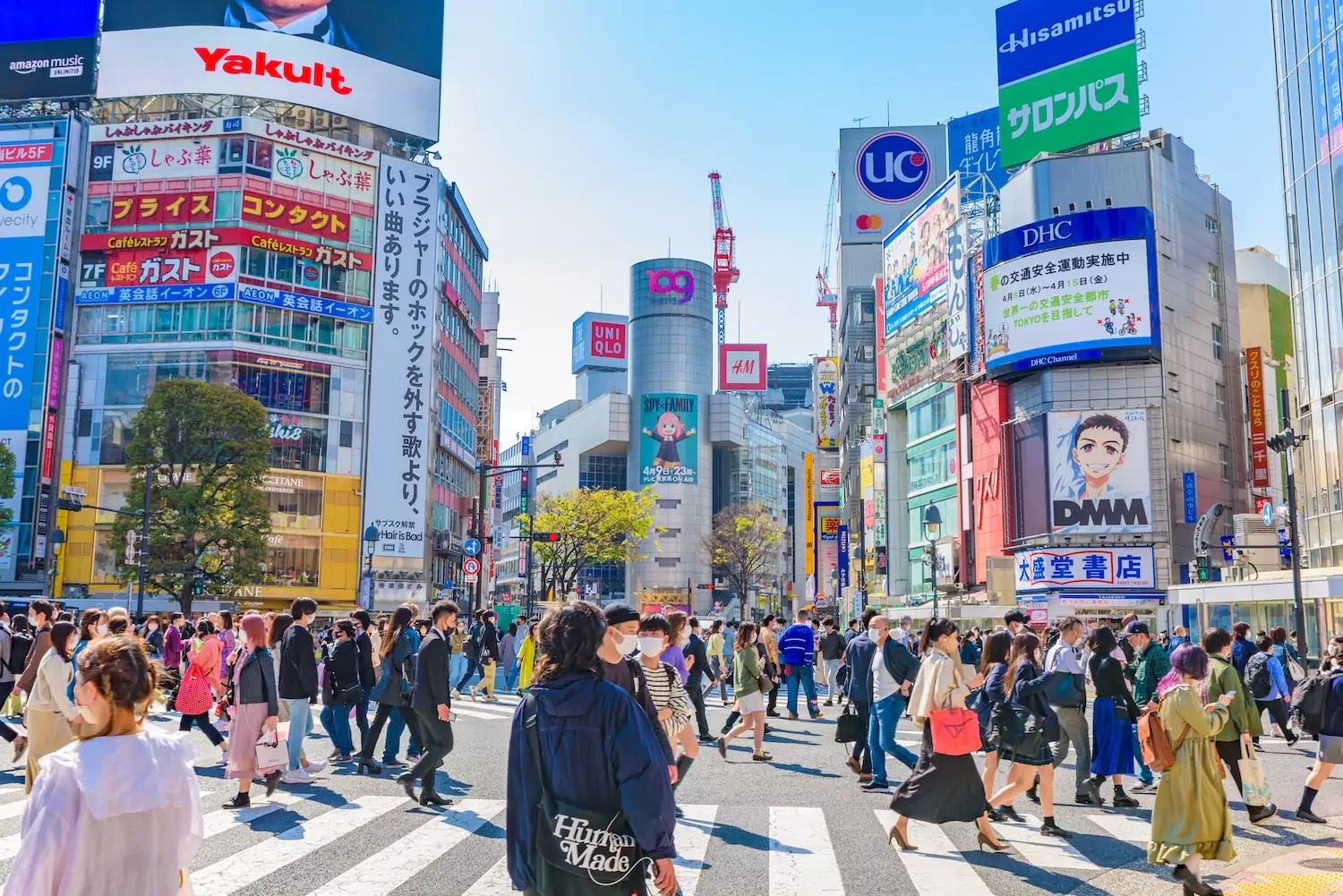Japanese Cultural Beliefs Present Missions Challenges in Tokyo
Unreached People Group: The Japanese in Tokyo
At a glance:
Largest Religions: Shinto, atheism, and Buddhism
Population: 37 million
Location: Tokyo, Japan
Background: The Japanese people of the greater Tokyo area have unique beliefs that blend ancient traditions and newer Western practices. While Shinto and Buddhism are widely practiced, they are not widely believed. Along with this empty practice of religion is a large atheist contingent that is adamantly opposed to any form of organized religion in belief or practice.
This atheism leads to widespread hopelessness, and as a result, depression and suicide are increasingly common. Such a pervasive sense of purposelessness and despondency creates a spiritual longing that only the gospel can satisfy, resulting in a population ripe for evangelism. Simultaneously, the sentiment toward Christianity, and religion in general, is apathy rather than hostility, resulting in unique opportunities and challenges. The task of reaching this people group may not involve the pressing concern of persecution to the same degree as in other places of the world, but it will involve the difficult task of turning the eyes of those who have little interest in the eternal to something beyond this world.
The roots of honor/shame culture – the idea that honor and shame, rather than forensic guilt and innocence, are the ruling paradigm of culture and the undergirding principle in evangelism – also go deep in this context. This way of thinking must be unpacked and replaced with a biblical view of sin, atonement, and justification. This is a difficult task when evangelizing those with a deeply ingrained worldview antithetical to the gospel. The forgiveness offered in Christ will be meaningless to those who feel self-sufficient and unreachable to those mired in shame.
Japan is the largest unreached nation (less than 1% evangelical)1 still completely open to missionaries. Though religious and worldview barriers exist, there are no governmental restrictions, leaving the door open to missions initiatives. This openness is uncommon among unreached people groups, and Christian workers should take full advantage of this opportunity. The most important part of reaching this unreached people group is the work of the Spirit to open spiritually blind eyes and effectually call unbelievers to faith in Christ.
Prayer Points
- Pray for the government of Japan to remain open to missions.
- Pray for the Japanese in Tokyo to see the futility of life apart from Christ.
- Pray for believers in Tokyo to reach their neighbors with the gospel in a way foreign missionaries may be unable to.
- Pray for the hope of Christ and eternal life to penetrate the darkness of those suffering from depression and suicidal thoughts and actions.
- Pray for business as missions to be an effective means of creating relational connections and cultivating gospel conversations with Japanese in Tokyo.
- Pray for pre-field workers currently raising support and being trained to be fully funded and equipped to reach this people group.
- Pray that the undergirding honor/shame culture will be unraveled and replaced with a biblical worldview.
- Pray for a widespread work of the Spirit that enables any missional success.
- Pray that the existing churches in Tokyo grow and expand their gospel presence.
©2024 ABWE. Used with permission.
- Cite the % of evangelicals ↩︎
About The Author

ABWE
ABWE (Association of Baptists for World Evangelism) is a global family of ministries that exists to fulfill the Great Commission by multiplying leaders, churches, and missions movements among every people.








